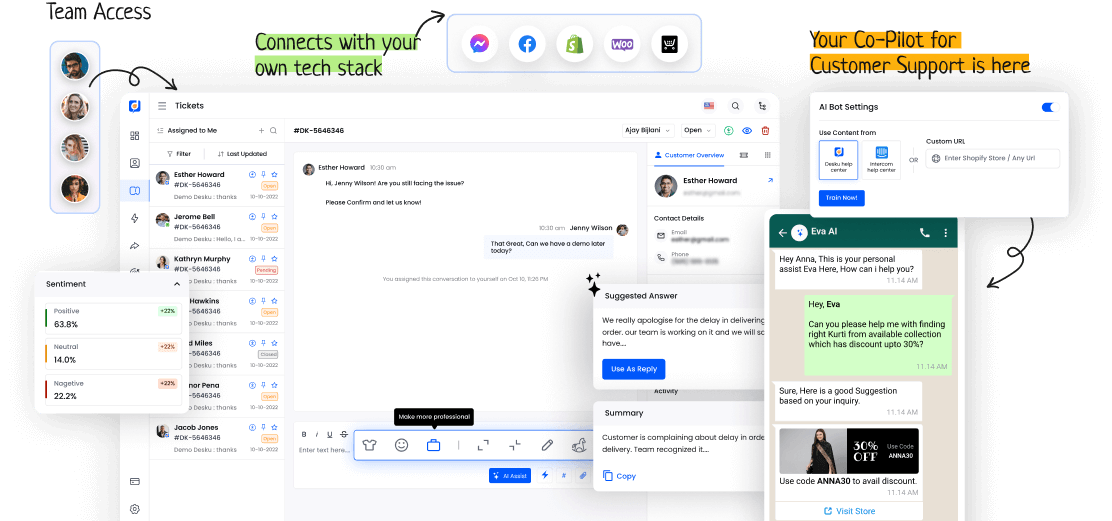An inbound call center is a key place for customer talks. Its role is not just answering calls. It handles incoming questions smoothly. This helps improve customer experience and grow the business.
But, many don't notice how these centers work and how they help the company succeed. Let's look at how inbound call centers work. We'll see the value they give to businesses and customers.
I. Definition of Inbound Call Center
An inbound call center is a focused service operation. Its main job is to manage incoming calls from customers who need help, support, or information. These centers are vital in giving quick and effective responses to customer questions.
They offer a specific platform to solve problems and give advice. This way, inbound call centers increase customer happiness and build good relationships between businesses and their customers.
II. Functions and Operations of Inbound Call Centers
What's the way inbound call centers skillfully manage customer questions and support requirements, yet keeping customer happiness high?
- Call management: Dealing with incoming calls effectively.
- Customer assistance: Delivering top-notch help.
- Problem-solving rates: Making sure customer issues get settled quickly.
- Quality control: Overseeing calls to ensure service superiority.
III. Importance and Benefits of Inbound Call Centers
Inbound call centers are crucial. They boost customer happiness and fine-tune operational productivity with their expert customer service. They monitor vital measurements like reply times and first call resolution rates. This allows them to constantly better the quality of their service.
These centers also offer cost savings by centralizing operations and simplifying processes. Regular training makes sure agents have the skills needed to effectively meet customer needs.









